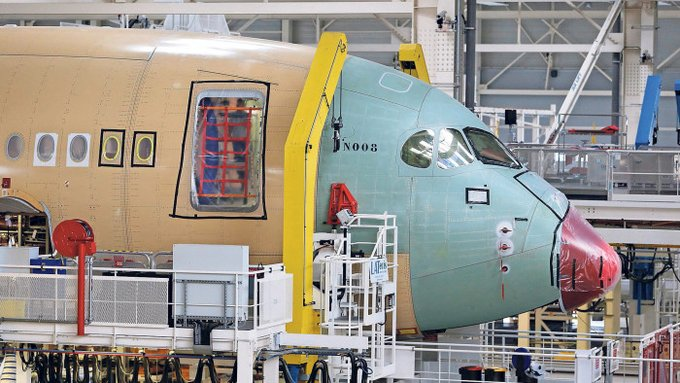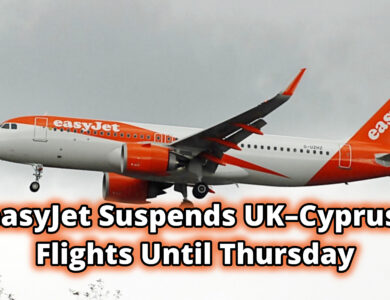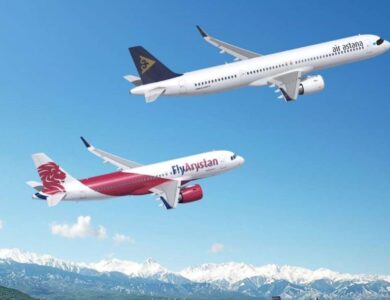
During the pandemic, many airlines had to set aside fleet expansion plans and focus on restructuring. However, as the effects of the pandemic have eased, growth objectives in the aviation industry have come to the forefront, and many companies have turned to new aircraft orders.
One of the most concrete examples of this is the increase in Boeing’s orders (which also brought Donald Trump’s political interventions into the spotlight), while Embraer reached the highest order book in its history. Now, a similar positive period appears to have begun for Europe-based Airbus.
Airbus’ order book has reached a record level of 8,700 aircraft. However, there are downsides to this massive portfolio: the company is already experiencing delays in deliveries, and producing the 820 aircraft targeted by the end of the year is not enough to resolve this issue.
Although demand has revived, supply chain disruptions continue. Airlines have become accustomed to a process where deliveries can be delayed for months or even years. Boeing is also facing similar production challenges.
As a result, while major manufacturers have no trouble taking orders, they face serious obstacles in increasing production pace. This situation also creates opportunities for smaller manufacturers who can deliver faster.



